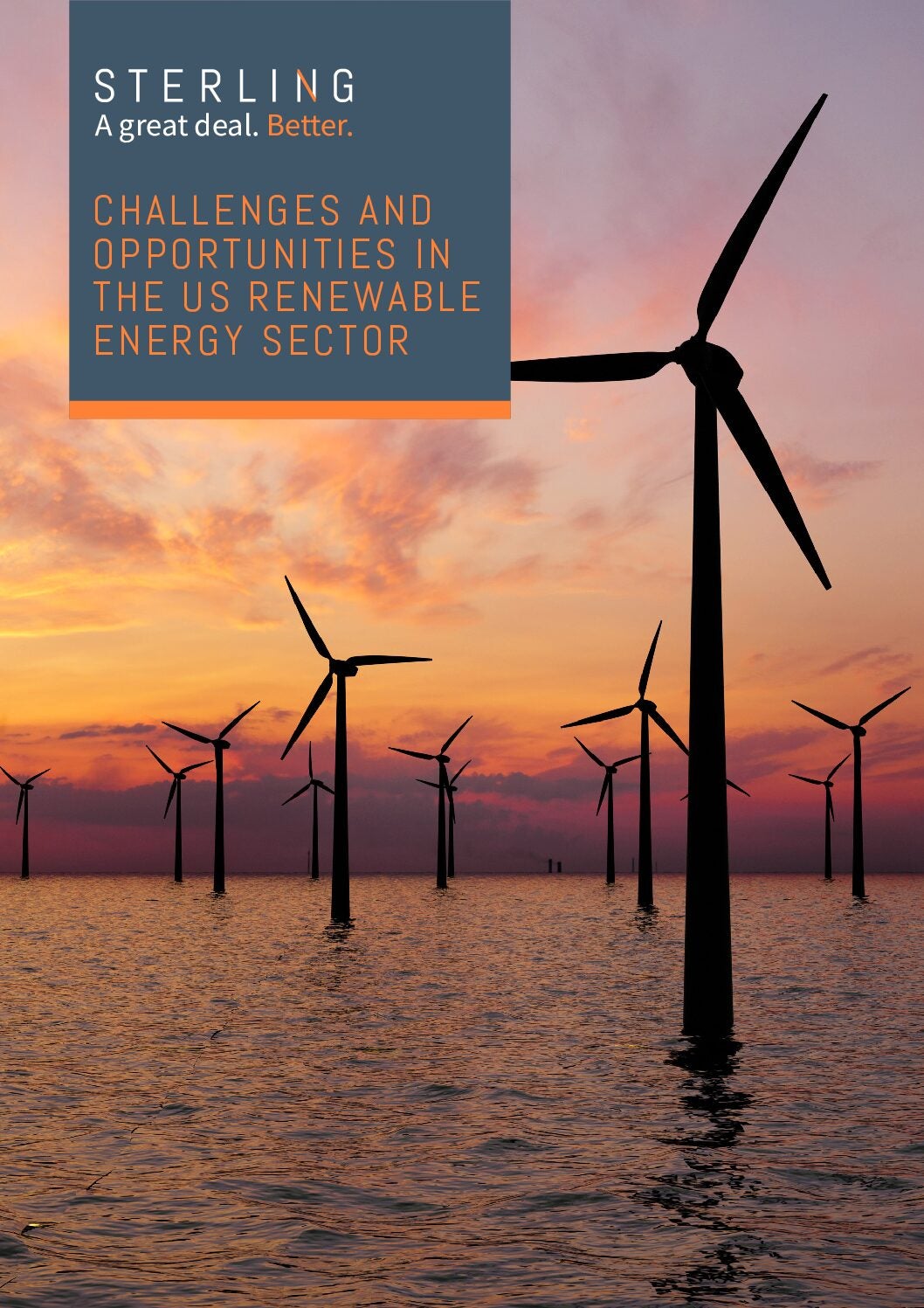
The Australian Senate has passed the Net Zero Economy Authority (NZEA) Bill, as the country seeks to establish a standalone statutory authority for its energy industry.
The NZEA will oversee Australia’s transition to net zero by 2050, with the country also targeting a 43% reduction of emissions by 2030, relative to a 2005 baseline.

US Tariffs are shifting - will you react or anticipate?
Don’t let policy changes catch you off guard. Stay proactive with real-time data and expert analysis.
By GlobalDataThe authority will work on the coordination of net zero efforts across government and key stakeholders, promoting consistency in the design and implementation of Australia’s climate policy.
According to a statement released on Wednesday, the NZEA will also try to encourage “public and private sector participation and investment in greenhouse gas emissions reduction and net zero transformation initiatives”.
The authority will also support workers in emissions-intensive energy industries who are affected by the net-zero transition. This will include paid retraining, redeployment, and financial assistance.
The Bill was introduced in March by the Labor government led by Australian Prime Minister Anthony Albanese. It garnered crossbench support from senators and will return to the House of Representatives next month.
According to reports, the government committed A$189m ($123m) to the establishment of the authority.
It will be chaired by former federal judge Dr Iain Ross and governed by up to eight members, four of which must have experience in the trade union, business, industry, finance, or investment sectors.
The Bill has been welcomed by the Australian Council of Trade Unions (ACTU), which pointed to the job insecurity of the country’s energy workers as at least five coal-fired power stations and four natural gas-fired power stations are slated to close across Australia in the next five years.
ACTU president Michele O’Neil commented: “The benefits will support Australian energy workers and communities to continue powering our economy for generations to come.”
Data from Power Technology’s parent company GlobalData has revealed that Australia’s increase in renewable capacity has decreased the country’s reliance on so-called thermal resources.
Last month, the country’s second-largest pension fund The Australian Retirement Trust ceased most of its investments in thermal coal companies.



